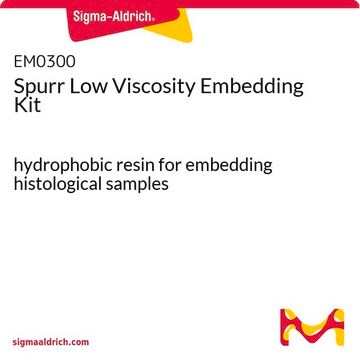20840
Sodium cacodylate trihydrate
purum p.a., ≥98.0% (T)
Sinónimos:
Cacodylic acid sodium salt trihydrate, Dimethylarsinic acid sodium salt, Dimethylarsonic acid sodium salt
About This Item
Productos recomendados
grade
purum p.a.
Quality Level
assay
≥98.0% (T)
form
solid
anion traces
chloride (Cl-): ≤100 mg/kg
sulfate (SO42-): ≤200 mg/kg
cation traces
Ca: ≤100 mg/kg
Cd: ≤50 mg/kg
Co: ≤50 mg/kg
Cu: ≤50 mg/kg
Fe: ≤50 mg/kg
K: ≤500 mg/kg
Ni: ≤50 mg/kg
Pb: ≤50 mg/kg
Zn: ≤50 mg/kg
SMILES string
[Na+].[H]O[H].[H]O[H].[H]O[H].C[As](C)([O-])=O
InChI
1S/C2H7AsO2.Na.3H2O/c1-3(2,4)5;;;;/h1-2H3,(H,4,5);;3*1H2/q;+1;;;/p-1
InChI key
RLGWPHBPRCROJO-UHFFFAOYSA-M
¿Está buscando productos similares? Visita Guía de comparación de productos
Categorías relacionadas
General description
Application
signalword
Danger
hcodes
Hazard Classifications
Acute Tox. 3 Inhalation - Acute Tox. 3 Oral - Aquatic Acute 1 - Aquatic Chronic 1 - Carc. 1B
Storage Class
6.1B - Non-combustible acute toxic Cat. 1 and 2 / very toxic hazardous materials
wgk_germany
WGK 3
ppe
Eyeshields, Faceshields, Gloves, type P2 (EN 143) respirator cartridges
Elija entre una de las versiones más recientes:
¿Ya tiene este producto?
Encuentre la documentación para los productos que ha comprado recientemente en la Biblioteca de documentos.
Los clientes también vieron
Nuestro equipo de científicos tiene experiencia en todas las áreas de investigación: Ciencias de la vida, Ciencia de los materiales, Síntesis química, Cromatografía, Analítica y muchas otras.
Póngase en contacto con el Servicio técnico











